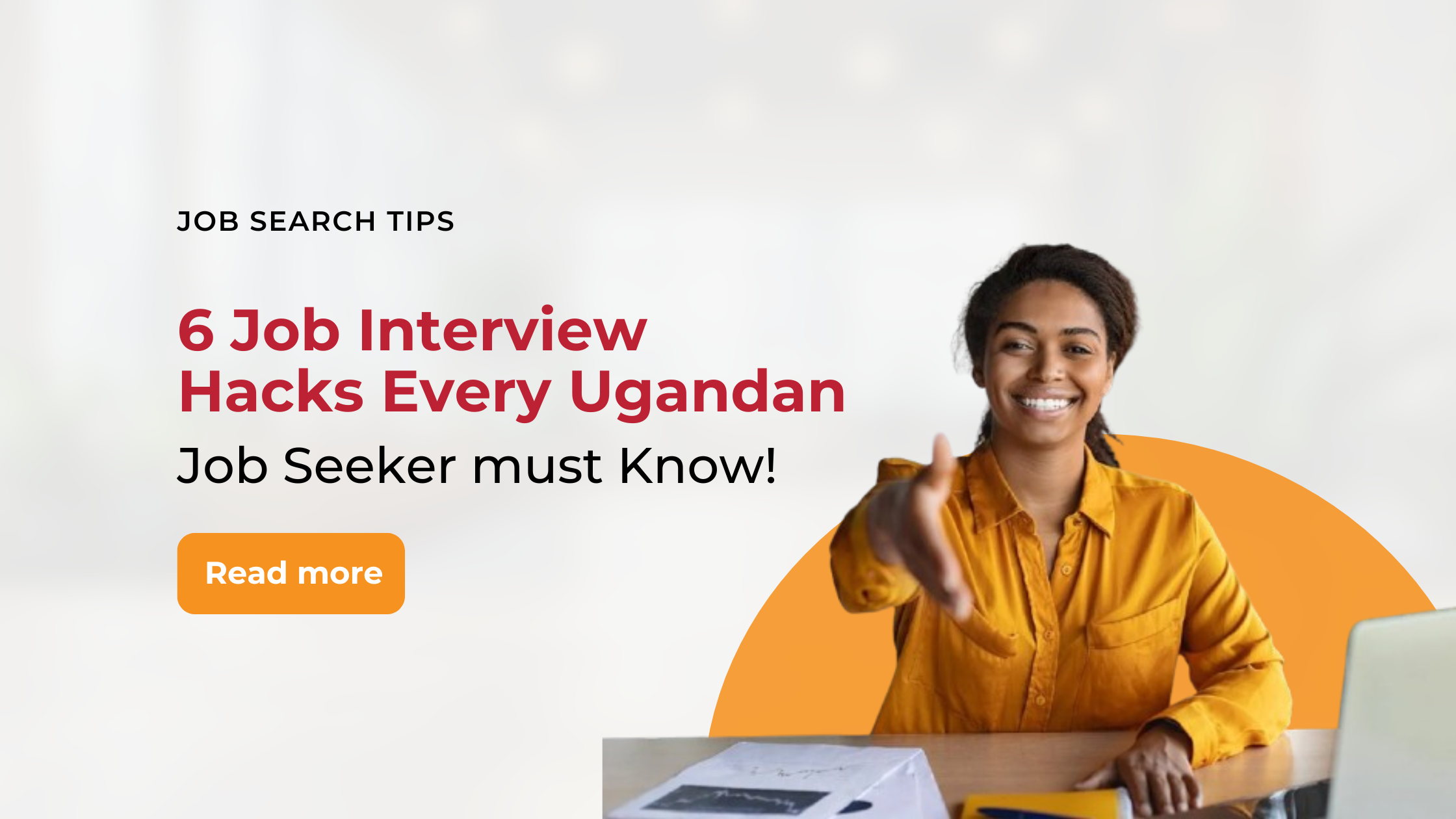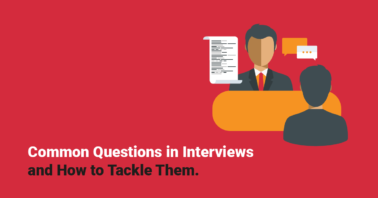Job interviews can be both exciting and nerve-wracking. You want to leave a lasting impression on the hiring manager and secure the position, but how do you ensure you’re fully prepared to make that happen?
In this guide, we’ll walk you through a six-step process that will help you walk into your next interview with confidence and come out feeling like a winner—perfect for job seekers in Uganda.
- Do Your Homework
Preparation begins with understanding the company you’re interviewing with. Don’t just skim their website—dive deep. Explore their services, products, values, and even their social media activity.
Taking the time to familiarize yourself with the company’s local and global presence will help you understand how your skills and experiences can meet their specific needs. In Uganda’s growing job market, this can give you an edge.
- Rehearse Like a Pro
The secret to confidence in an interview is practice. Go over common interview questions, but also practice answering industry-specific or tricky questions. Record your answers or practice with a friend or family member for honest feedback.
Focusing on your body language, posture, and tone will ensure you appear polished, calm, and self-assured.
- Dress to Impress
Your outfit speaks volumes before you say a word. In Uganda, professionalism is key, and dressing appropriately is non-negotiable. Whether formal or business casual, ensure your attire is neat, ironed, and reflects the company’s culture.
Avoid casual outfits like distressed jeans or overly flashy clothing. You want the focus to be on your skills, not your outfit.
- Show Up On Time
Punctuality is critical. Being on time shows that you’re respectful of the interviewer’s time and value the opportunity. Arrive 15 minutes early to allow yourself time to settle in and gather your thoughts.
Remember, your ability to arrive on time reflects your reliability as a potential employee.
- Sell Your Skills with Confidence
When it comes time to talk about your qualifications, it’s essential to sell yourself in a way that doesn’t feel forced. Be clear about what makes you unique, and tie your skills directly to the job requirements.
Make sure to provide examples of your past achievements that align with the company’s goals.
- End with Confidence
As the interview wraps up, take the opportunity to ask insightful questions about the company or the role. This demonstrates your interest and shows that you’ve done your research.
Close with enthusiasm, leaving the interviewer with no doubt that you’re the right fit for the job.
Conclusion
Your next interview could be the turning point in your career. By following these six steps—doing your homework, rehearsing, dressing the part, being punctual, confidently selling your skills, and ending on a high note—you’ll be well on your way to success.
- Navigating the Unknown: Why Uncertainty Tolerance is Your Greatest Career Asset in 2026
- What 5 Practical Skills Make You Instantly Employable in Uganda (2025 Update)?
- Upskilling Uganda’s Workforce: Lessons from the Mastercard Partnership
- Eastern Career Fair Mbale: How BrighterMonday & Mastercard Foundation Empowered 1,500+ Youth
- How to Write a CV in Uganda (2025): Step-by-Step Guide





